We all know the effects of a bad night’s sleep on how we look and feel. Editor Trudi Brewer asks a leading sleep expert, Olivia Arezzolo, if understanding your sleep chronotype type - can change your life.
Image BeautyEQ
According to Olivia Arezzolo, understanding your sleep type is the secret to a happier life. Coined chronotype in the 1970s, or ‘circadian typology’, this determines your daily behaviour like sleeping preferences, energy levels and other facets of your circadian rhythm. Those circadian rhythms, also known as your body clock, follow a 24-hour cycle and control your physical, mental, and behavioural differences. Australian sleep expert, Arezzolo, who has recently relocated to Queenstown, New Zealand, has created a helpful guide with a new book called Bear, Lion or Wolf, How Understanding Your Sleep-Type Could Change Your Life.
Based on clinical research, it’s a brilliant guide to understanding how much sleep you need to function at your best. Each category, named after animals, including a bear, lion, wolf, and dolphin - reveals our different needs. In short, bears include half the population and follow the solar cycle by waking as the sun rises and going to sleep as night falls. However, if you’re a wolf, you hate early mornings and like the nightlife. But if you like an early start but feel fatigued by midday, you may be a lion and need those early nights. Finally, dolphins are very light sleepers and, of all types struggle the get sufficient sleep. Here, Arezzolo shares how this philosophy can help you sleep better and function at your best.
Why is sleep important?
Physical recovery and energy, immunity and mental health. Research shows 70 per cent of human growth hormone is produced in slow-wave sleep, catalysing cellular repair and restoration. Then there is immunity. We are four times more likely to catch a cold when sleeping six hours rather than seven, and natural killer cell activity decreases by 30 per cent when not sleeping enough. Mental health is also a factor. The stress hormone cortisol can increase by 37 per cent after one night of insufficient sleep, making us feel anxious, wired, and awake. Not enough sleep can make us more reactive, impulsive and irritable, which may compromise our relationships too.
So what happens to your health if you don't sleep?
All of the above suffers, also our cognitive health is compromised. Beta-amyloid, also the neurotoxin that contributes to brain fog and memory loss, can increase by 30 per cent after one night of insufficient sleep. Also, the central area of the brain to suffer at the helm of sleep loss is the frontal lobe, which is responsible for decision-making, judgement, and planning. This, too, is why we struggle to think straight with lack of sleep.
So, how much sleep do we need?
We need seven to nine hours. If you follow your sleep type in my book, the bear chronotype needs more sleep than others - they need nine hours, whereas the lion chronotype - needs only seven. Note - a chronotype is a categorisation system for your circadian rhythm and can be grouped into those with an early phase (lions), mid-phase (bears) and late phase (wolves).
How many people suffer from poor sleep?
Most people. A 2023 study found 86 per cent of individuals have sleep issues. Contrary to popular opinion, most people are not ok with six hours of sleep a night; less than one per cent of the population can manage that.
Is our digital world responsible for poor sleep?
Somewhat. But other major factors are stress, excessive caffeine and alcohol. Having children disrupts your sleep, and menopause can do the same; it lowers levels of hormones such as estrogen, which is a problem for quality sleep. Typically, these hormones help maintain a stable core body temperature, which is critical to melatonin production, so when melatonin levels fluctuate, sleep quality also fluctuates.
Can you train yourself to sleep better? If so, how?
Yes! Of course. I am a fan of weighted blankets, chamomile tea, white noise and essential oils like lavender, which have a calming effect on the nervous system, reducing stress hormone cortisol levels and making us feel more relaxed. These all help with quality sleep.
How about supplements?
Melatonin - is excellent for all, especially anyone over 55 and shift workers. It’s a must-take supplement for anyone who is magnesium deficient. This supplement activates GABA, a calming hormone; we naturally feel more at ease after magnesium - and it’s completely natural and safe for long-term use. CBD oil can be helpful. However, it would be best if you were careful with the dosage. Too little can have an anxiety-promoting effect; too much can overly sedate the body. As a result, I don’t advocate CBD as a first-line treatment; however, it may be helpful with medical supervision.
This is Olivia Arezzolo’s signature bedtime routine for uninterrupted sleep
Wear blue light-blocking glasses two hours before bed; this can reduce nighttime wakings by 66 per cent, as reported in a 2016 study.
Take lavender capsules; a clinical trial found lavender improves sleep quality by 45 per cent and reduces anxiety by 59 per cent.
Disconnect from digital devices 60 minutes before bed. A 2012 survey showed that using a phone in the last hour before bed increases your likelihood of taking over an hour to fall asleep by 48 per cent.
Shower, this helps you feel more relaxed and produce melatonin. When you emerge from a steamy shower into a cooler bathroom, your core body temperature drops, which is a cue for melatonin synthesis.
Take a magnesium-based sleep supplement. A clinical trial found magnesium could reduce anxiety by 31 per cent.
Read a book. A study by the University of Sussex found reading could reduce stress by 68 per cent - and the anti-anxiety effects resulted in just six minutes.
Sleep with an eye mask; this protects you from that sleep-sabotaging blue light.



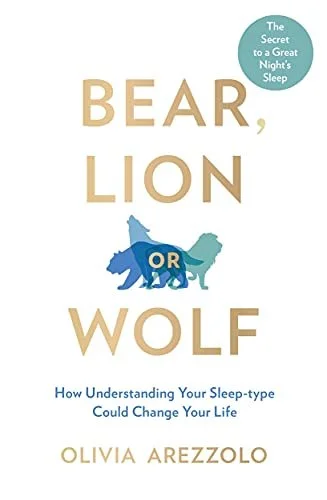

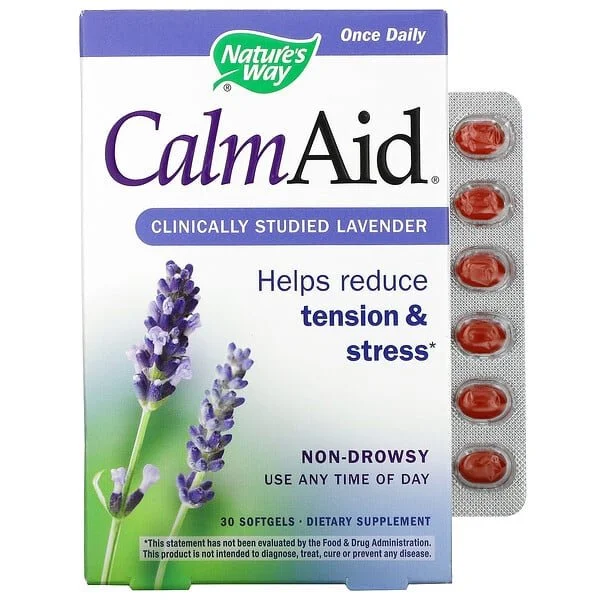



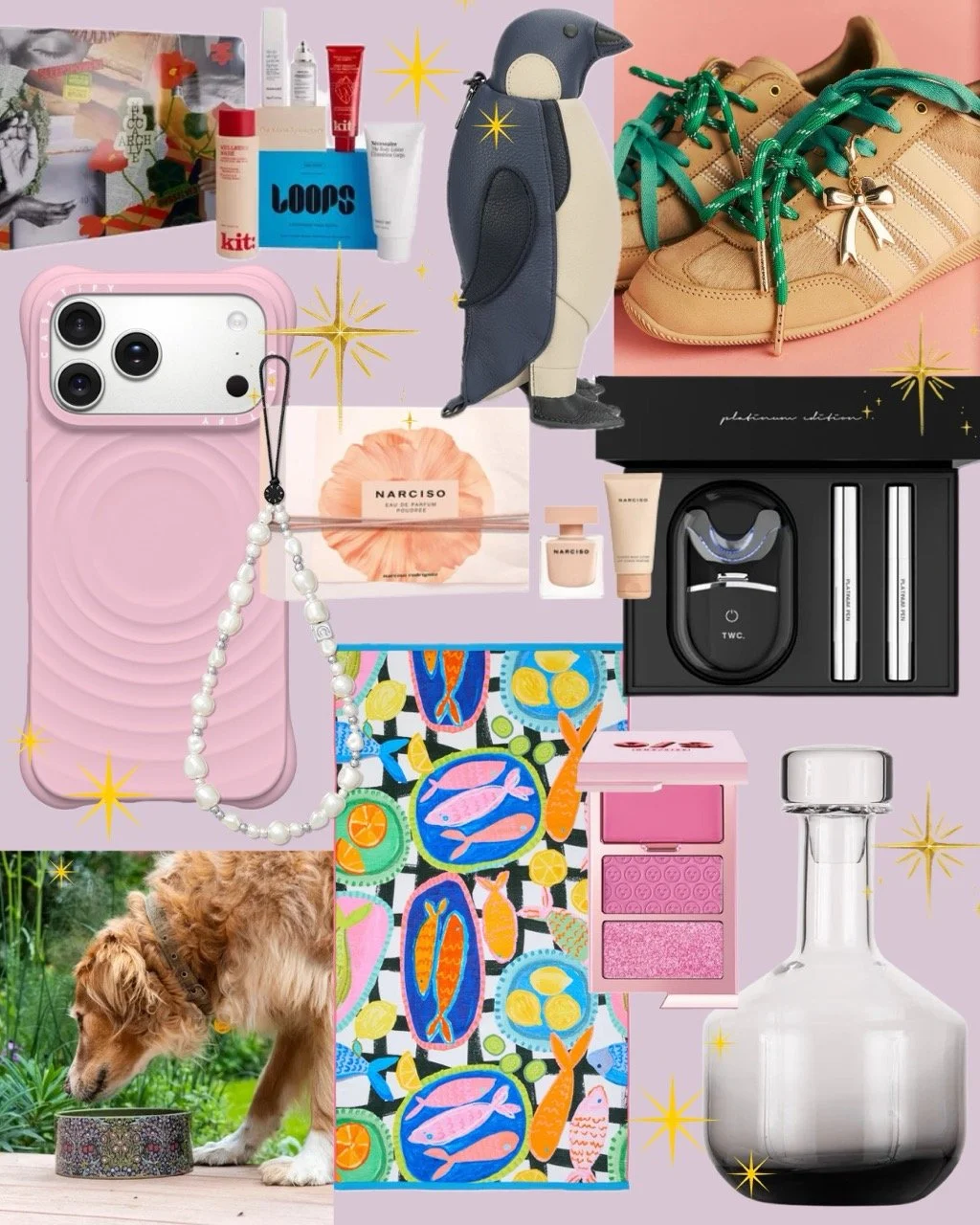
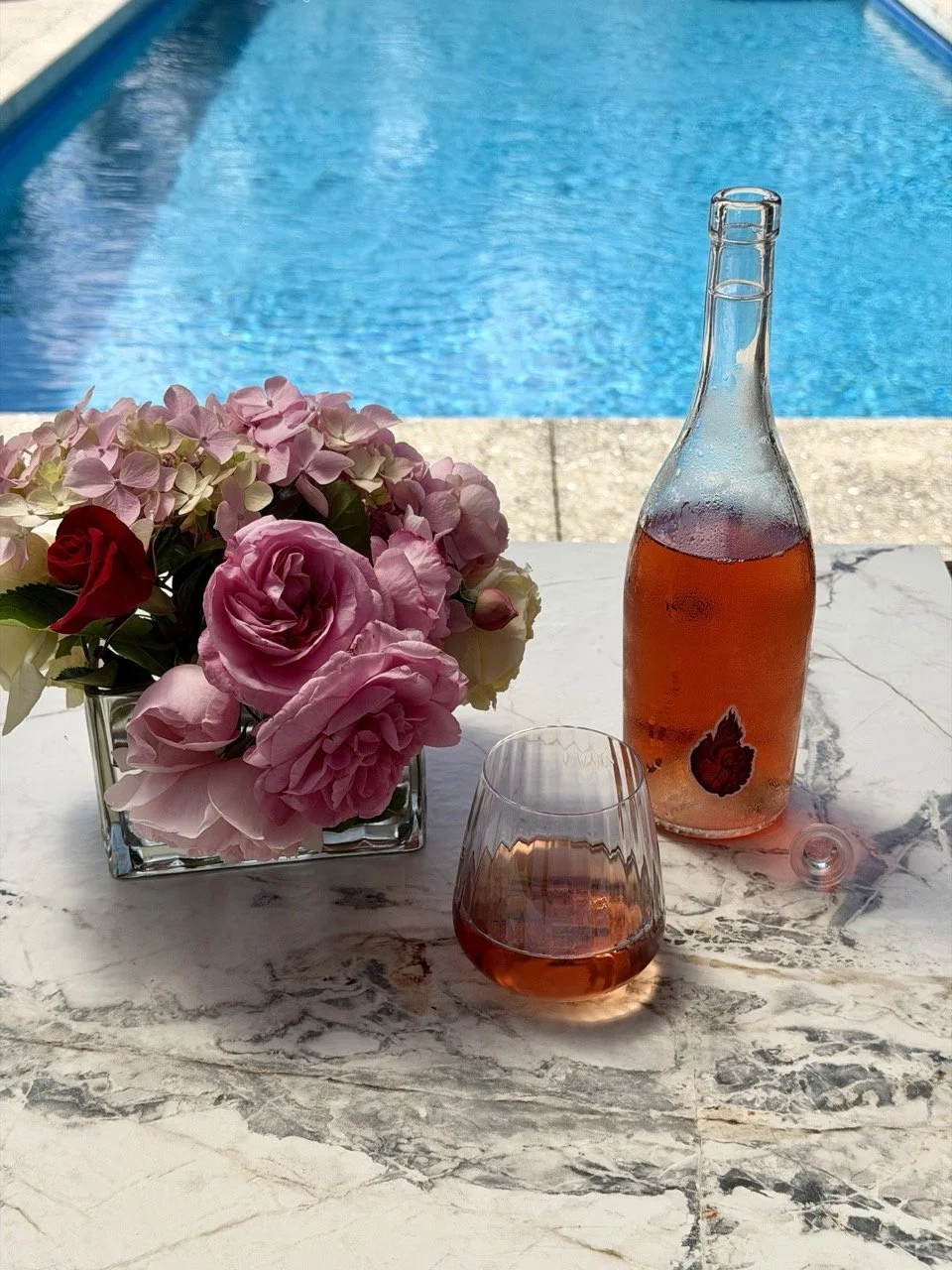




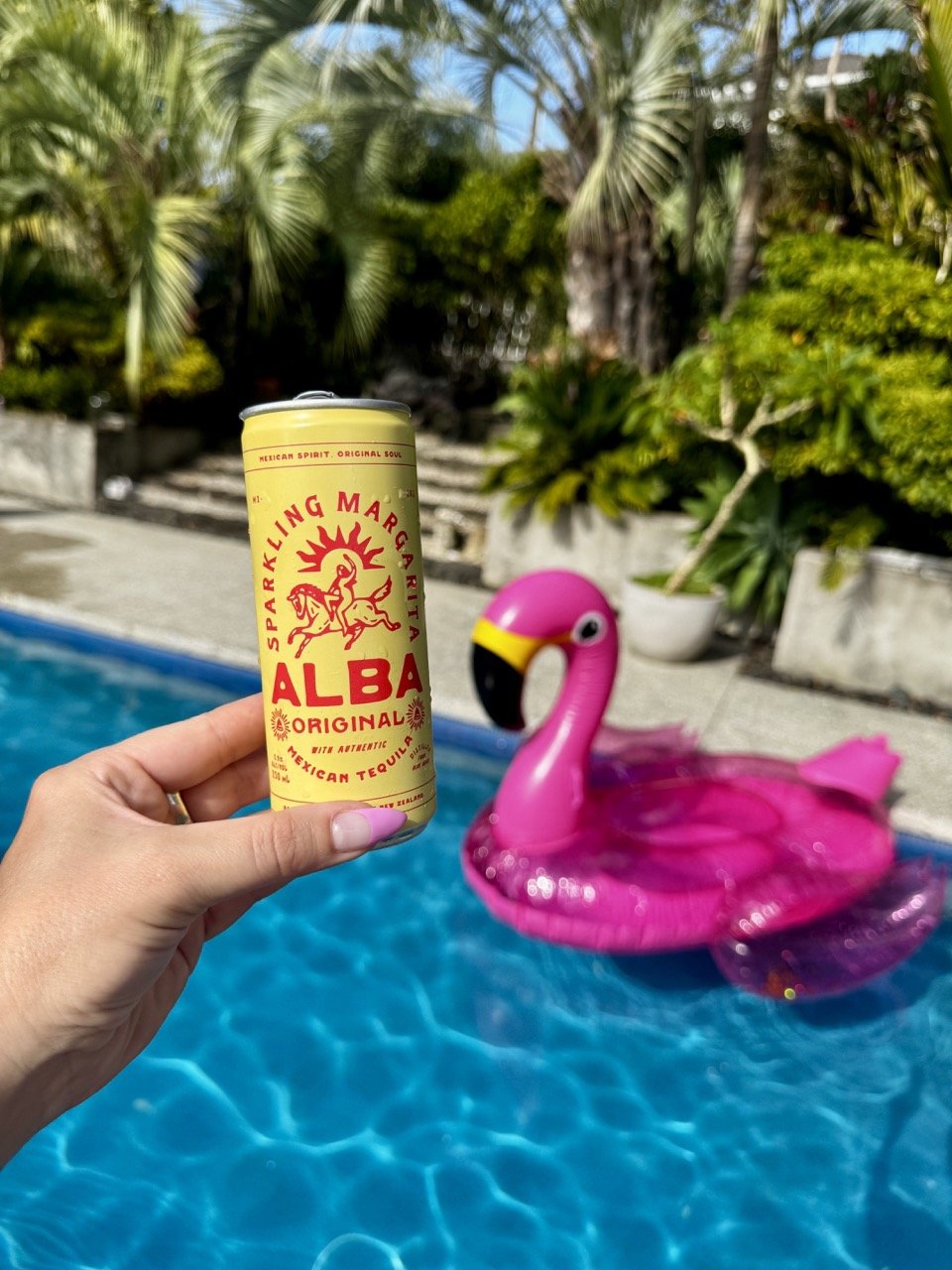



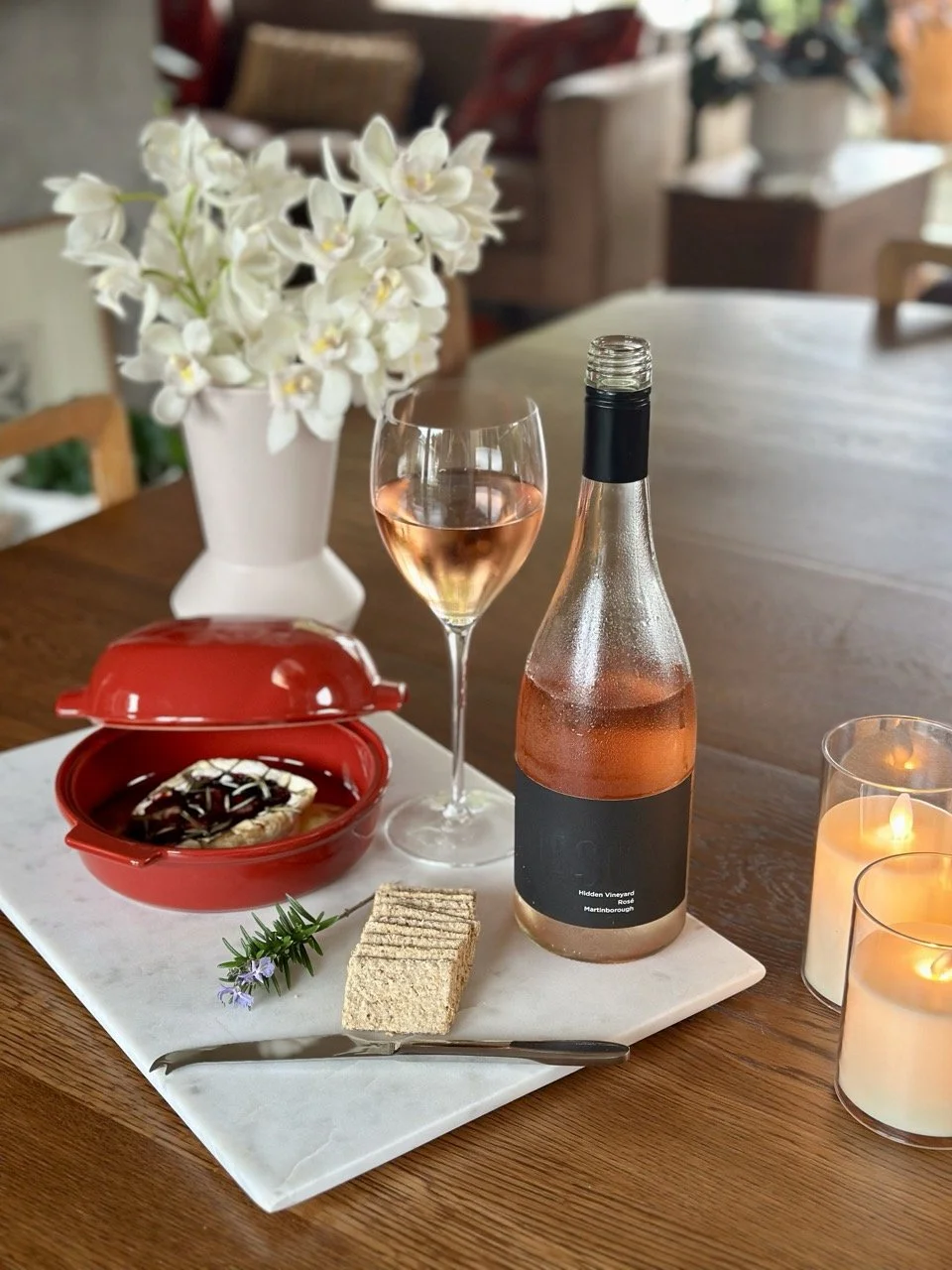




Style-inspiring and captivating.